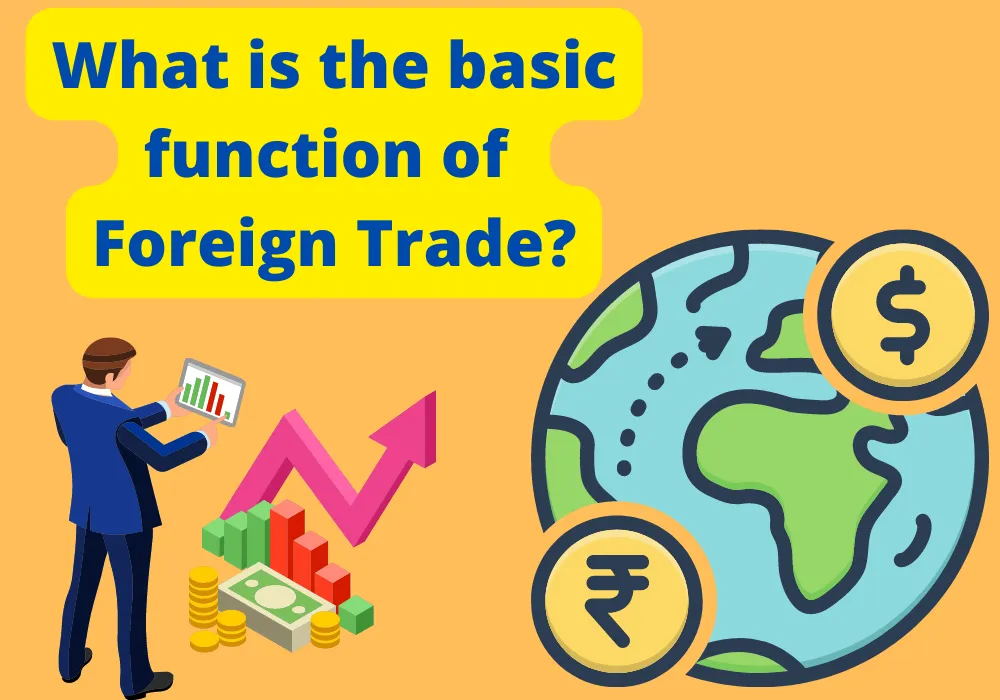Contents
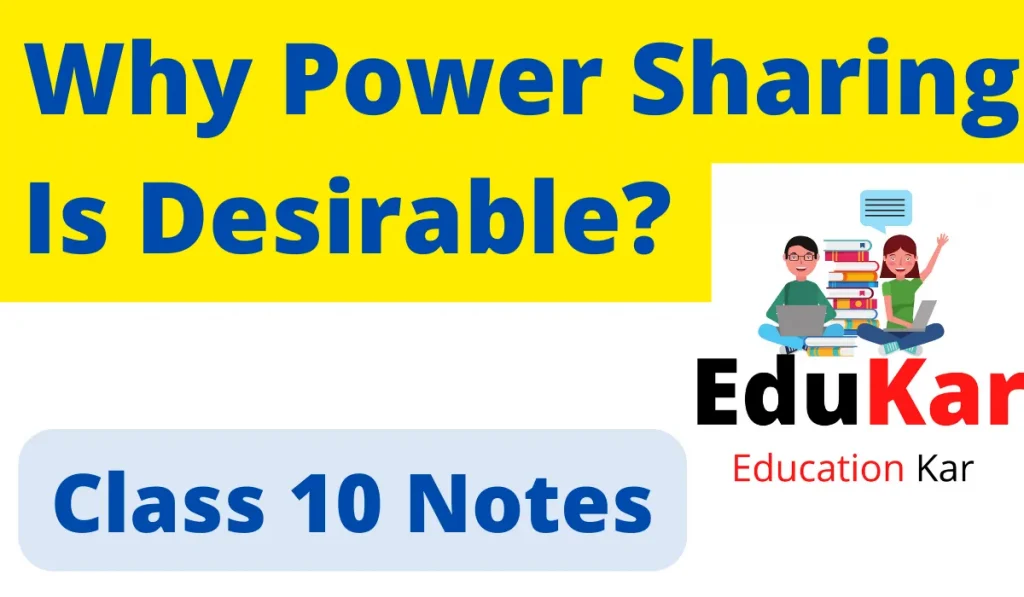
Power sharing is a dispute resolution practice in which multiple groups share military, political or economic power with each other according to accepted rules. It can mention any formal framework or informal treaty governing the allotment of power amid divided communities. Since the ending of the Cold War, power-sharing systems have become progressively popular in negotiating the settlement of armed conflicts. Two usual theoretical approaches to power-sharing are dissociation & centripetal theory.
Dimensions of ‘Power Sharing’
Originally, power-sharing agreements have provisions that involve at least one of the followings- Economic, Political, Military or territorial control. The sharing of political power also cover the rules governing the giving out of political tasks and the exercise of decision-making power. Power can be divided by ensuring simultaneous inclusion of all important parties in the governing cabinet through rules on forming a major coalition, division through political equivalence, permit minorities to remain competitive and obtain some political power through democratic elections. Ratios also specify the sharing of economic power, since the allocation of public resources can be set as reported by the size of communities. In neonatal systems the political function can also be intimately linked to economic opportunity, meaning that the equitable distribution of political power intersect with economic power sharing.
Theories of ‘Power Sharing’
Power-sharing theories make empirical and normative claims about the functionality or desirability of power-sharing systems for managing conflict in split societies. Two prominent theories of ‘power sharing’ which make competing claims, associative and centripetal. Empirically, each theory direct different power-sharing systems, including dissociative versus afferent alternative voting.
Form of ‘Power Sharing’
It is presumed that all power of a government must lie with one person or group of people in one place. Otherwise, it will be very difficult to make quick decisions & earn their respect. But these notions alternated with the emergence of democracy. In a democracy, the people govern them through institutions of autonomous government. Everyone has a say in the formation of public policies. Therefore, in a democratic country, political power should be given out among the citizens.
In modern democracies, power sharing can take various forms as shown below:
- Power is shared with various branches of government, including agencies. This is known as horizontal distribution of power because it allows different branches of government at the same level to exercise various powers. Such separation make sure that neither body can use infinite power. Each organ command the other organs. This arrangement is called as the check and balance system.
- Power can be split between governments at different levels – a common government for the whole nation and governments at the provincial or regional level.
Why is ‘Power Sharing Desirable’
- Power sharing is a good way to make sure the stability of the political order because social conflicts often guide to violence and political instability.
- Imposing the will of the major community on others may seem an attractive option in the short term, but in the long term, it erode national unity.
- The tyranny of the majority not only persecute the few but also brings destruction to the majority.
- Citizens have the right to be consider on how they should be managed.
- The democratic rule intimate sharing power with those affected by its implementation and those who must live with its effects.
There are many reasons why power-sharing is beneficial:
- It lowers the likelihood of conflict and conflict between social groups.
- To put it on another way, the democratic rule needs that people who are impacted by and are responsible for its implementation share power with the law’s creators.
- In the next some years, the citizens will have a say in how they were governed & they will be able to alter the leadership.
What are the two different sets of reasoning given in favor of power sharing?
The two different sets of reasoning given for power sharing are:
1. Prudential
2. Moral
Prudential reasons pressure that power sharing will find the higher outcomes. Power sharing helps to cut back the chance of dispute between the political parties, social groups, pressure groups, etc.
Moral reasons high point the act of power sharing as valuable. Power sharing is the emotion of democracy. People have a basic right to be asked on how they are to be ruled.

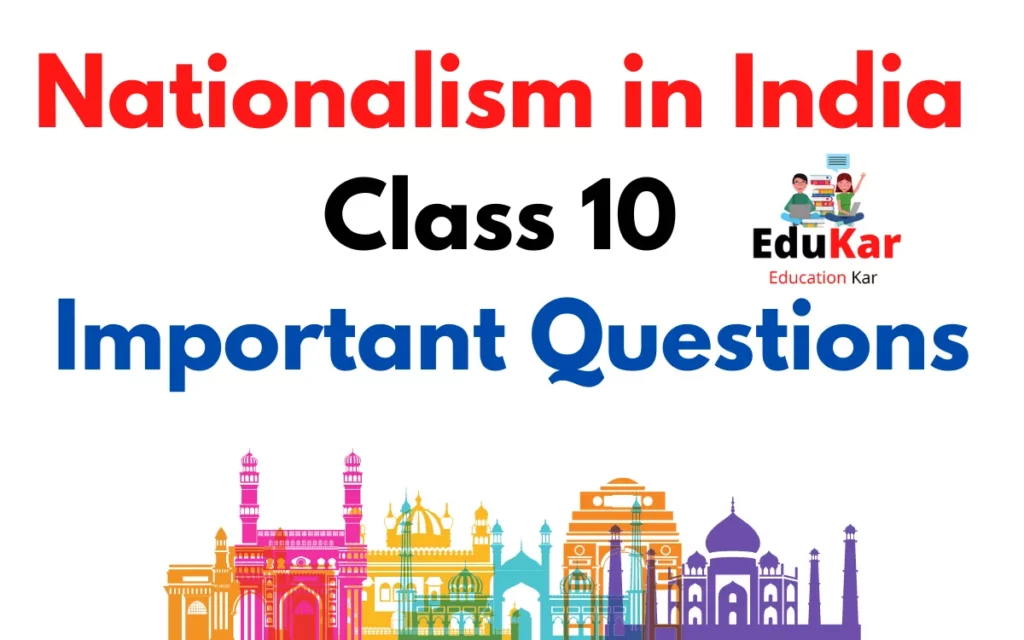


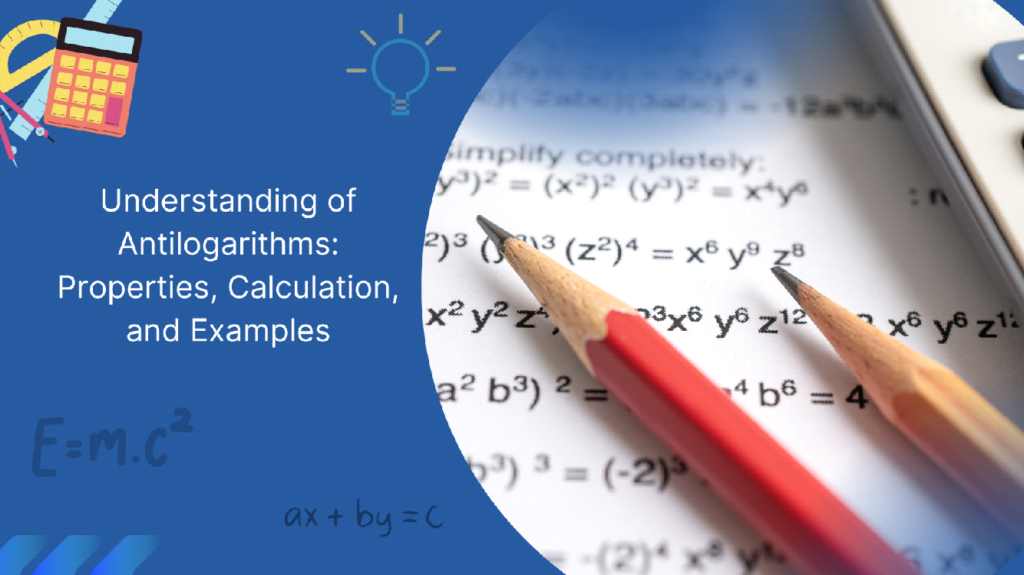

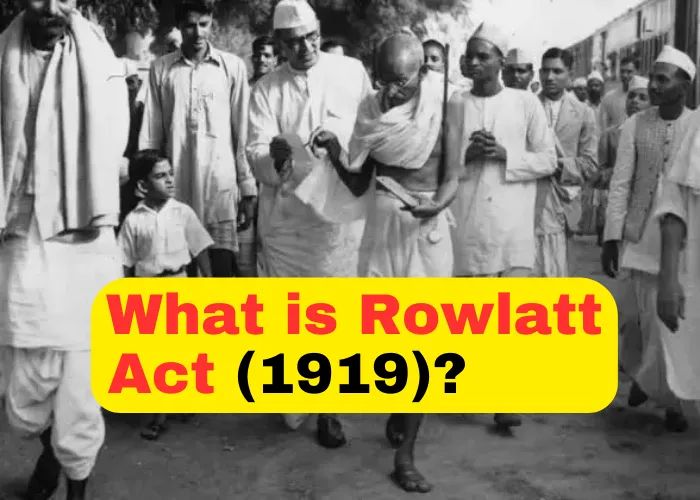
![Carbon And Its Compounds Important Questions [Class 10] Carbon And Its Compounds Important Questions Class 10](https://edukar.in/wp-content/uploads/2022/09/Carbon-And-Its-Compounds-Important-Questions-Class-10-1024x597.webp)
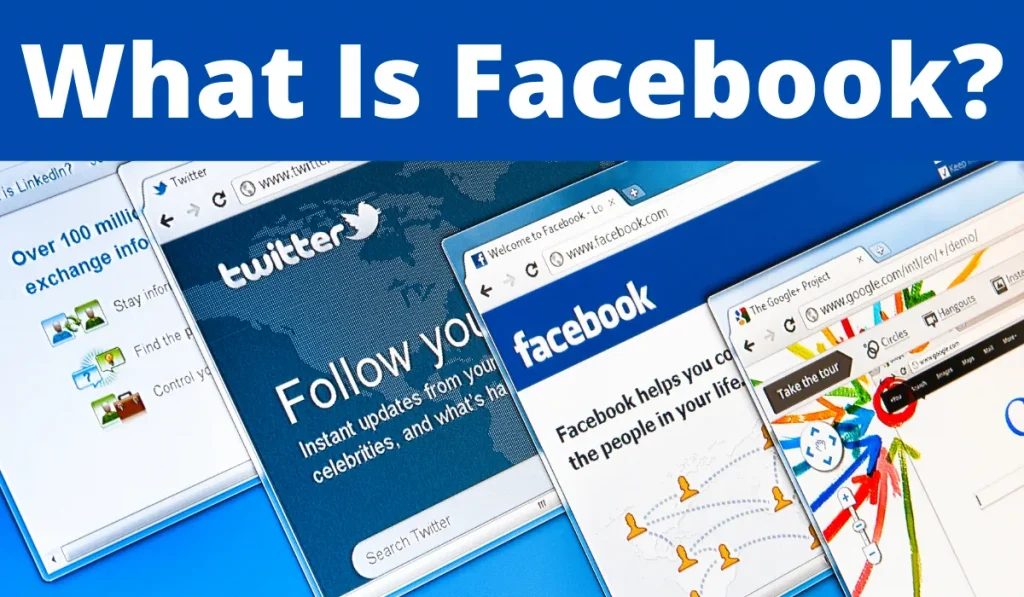
![Corporate Accounting [Important Questions & Answers with MCQ] Corporate Accounting Important Questions & Answers](https://edukar.in/wp-content/uploads/2022/09/Corporate-Accounting-Important-Questions-Answers-1024x597.webp)
![Web application and Security Class 10 [Questions Answers & MCQs] Web application Class 10 Questions & Answers](https://edukar.in/wp-content/uploads/2022/09/Web-application-Class-10-Questions-Answers-1024x597.webp)


![Zoology Important Questions [Class 11th-English medium] Zoology Important Questions class 10 english medium](https://edukar.in/wp-content/uploads/2022/09/Zoology-Important-Questions-class-10-english-medium-1024x597.webp)
